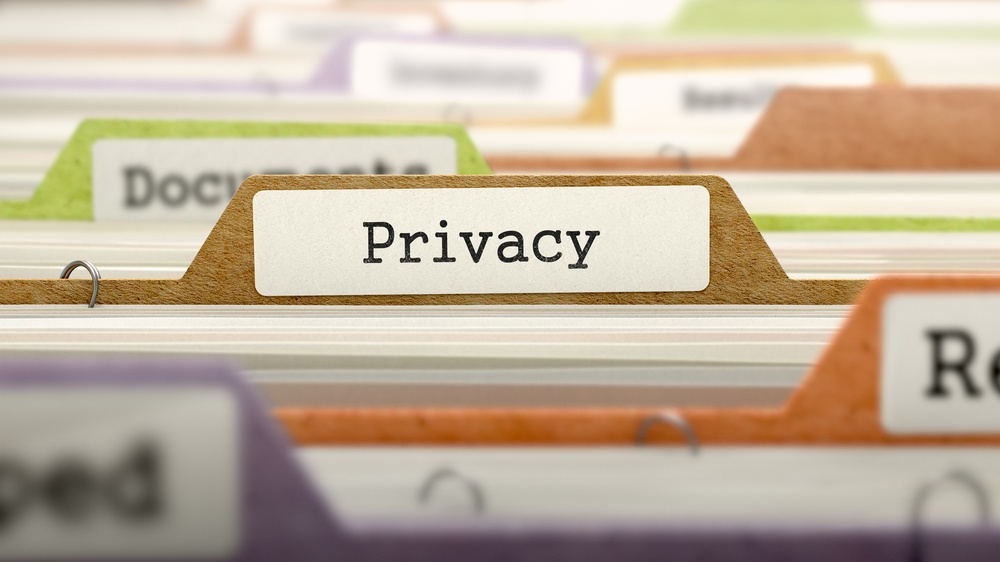Author: Bethany Spencer
Posted: 09 May 2017
Estimated time to read: 3 mins
It’s easy to forget that the internet is a public space and not just a place for you and your friends to chat and share pictures and videos. Everyone is on there! This is why online safety should be at the forefront of your mind when you're browsing the web.

Here are our 5 simple steps to help ensure that you're staying safe online:
1) Employability
A common way to vent nowadays is to post an angry tweet or status update, but no matter how annoyed you may be at the fact you had a to work an hour longer than you were supposed to or that you got a detention for something you didn’t do, it is never a good idea to shout about your outrage on social media.
Teachers use Twitter too...and it’s easier than you think for the person you are talking about to find out what you’re saying. People have been fired from their jobs over what they’ve written on social media - getting worked up over something that you’re going to forget about in a couple of days isn’t worth losing a job or tarnishing a relationship with someone over.
2) Bullying
When you’re in chat rooms and forums you can post anonymously, which can sometimes make people post things they wouldn’t dream of saying in real life. When you’re behind the safety of a computer screen it may feel like the mean things you’re typing aren’t being directed at anyone in particular but at the other end of the computer screen, reading the mean things you’re typing, is a real life person whose feelings you are hurting. Not to mention that cyber bullying or ‘trolling’ is a criminal offence under the Malicious Communications Act.
3) Photos
The ability to upload photos onto social media to share with friends and family who may be across the pond is one of the best things the internet has to offer! But bear in mind that the photos you post in a public domain can be seen by future employers and universities.
When going for interviews it’s not uncommon for interviewers to do a Facebook and Twitter search before offering jobs or places to get a feel of the type of person you really are. Also, be careful about sharing photos with people directly, once you’ve sent a photo it isn’t just on your computer or phone anymore, it’s on theirs as well and they have the ability to upload and send on.
4) Strangers
In a world of dating apps and online chat rooms the concept of meeting people online doesn’t seem as dangerous or scary as it once was. In spite of this, meeting someone who you met online is still poses a high amount of risks.
People online can hide behind a screen and pretend to be someone they’re not by creating fake profiles that lure you into a false sense of security. If you are talking to someone online and are thinking about meeting them be sure to talk to a trusted adult for advice.
5) Privacy
Keep your personal details safe and your privacy high! If you sign up to websites with your email address or have certain profiles online listing details about yourself be sure that you have high privacy settings on these so that only people you want to see this information can.
Furthermore, when giving out bank details over the internet make sure that the website you are using is trusted and secure. Three easy ways to determine if a website is secure is to check if the web address has a padlock icon in the URL box, if the email address has ‘https’ in front of it - the ‘s’ stands for secure & if you’re using an up to date browser the address should turn green. All these will indicate if the webpage is safe and secure. If in doubt do a Google search on the website - it’s always better the be safe than sorry.


